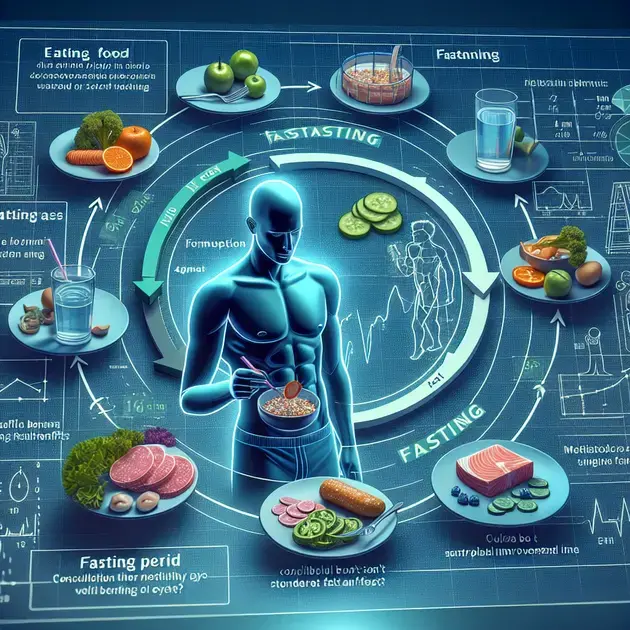Intermittent Fasting: Is it Good or Bad for You?
Intermittent fasting is a popular eating pattern that focuses on when to eat and when to avoid food consumption. Unlike other diets that emphasize specific food choices, intermittent fasting prioritizes timing and periods of eating and fasting. This unique approach to eating allows the body to burn stored fat for energy during fasting periods, making it an effective weight-loss strategy.
One of the most common forms of intermittent fasting is the 16/8 method, which involves fasting for 16 hours and restricting food intake to an 8-hour window. This could mean skipping breakfast and having an early dinner, or any other variation that suits an individual’s lifestyle. During the fasting period, the body goes into a state of ketosis, where it starts utilizing fat stores for energy since glucose levels are depleted.
Research suggests that intermittent fasting can have numerous health benefits beyond weight loss. It has been shown to improve metabolic health, increase insulin sensitivity, and reduce inflammation in the body. Additionally, intermittent fasting has been linked to improved brain function and increased longevity.
However, it is essential to note that intermittent fasting may not be suitable for everyone. People with certain medical conditions, such as diabetes or eating disorders, should consult their healthcare provider before adopting this eating pattern. It is crucial to ensure that nutritional needs are met during the eating window, focusing on whole, nutrient-dense foods to support overall health.
In conclusion, intermittent fasting is an effective eating pattern that can aid in weight loss and provide additional health benefits. It allows the body to burn stored fat for energy and has been associated with improved metabolic function, brain health, and longevity. However, it is essential to consider individual circumstances and consult with a healthcare professional before embarking on any new dietary approach.
